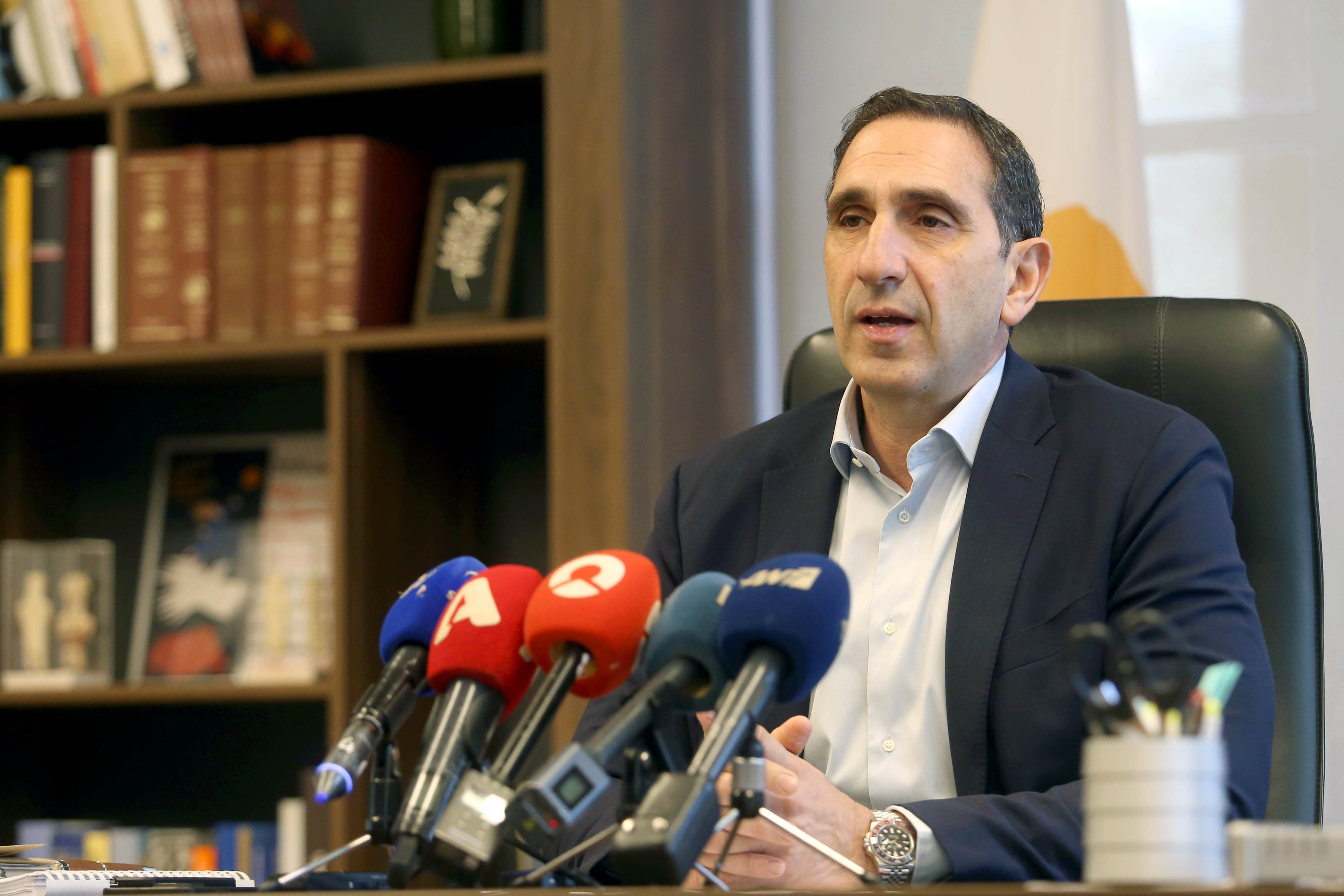Allegations about shady dealings and corruption at the interior ministry’s service administering properties owned by Turkish Cypriot are nothing new. We have been hearing them for years. Administration of these properties was taken over by the state soon after the invasion, and the so-called ‘guardian of Turkish Cypriot properties’ was set up to lease houses, workshops, farmland, fields and seaside plots to refugees.
There was no transparency in the way many of these properties were shared out, the interior minister, who had overall responsibility for the service, and the civil servants working for it doing as they pleased, either for personal benefit or to help friends and family. Many beneficiaries ended up with prime real estate, which they leased for peanuts and sublet for thousands of euros a month, with the Mackenzie Beach area being a prime example of this practice. This scandal was exposed a few years ago and the guardian has taken back control of most of the properties.
The Audit Office has highlighted many such cases. A civil servant working for the guardian service in Paphos, for example, had 1.8 million square metres of Turkish Cypriot land in his possession and a Turkish Cypriot house; his two offspring each had a Turkish Cypriot house, while his wife was in possession of an area earmarked for commercial development. Some of the land has been reclaimed by the guardian while the attorney-general, for reasons he did not divulge, decided against a criminal investigation.
Meanwhile, Interior Minister Constantinos Ioannou, soon after his appointment decided to clean up the mess at the guardian, introducing transparency and fairness in the sharing out of the properties. In 2023 the interior ministry embarked on an audit of the lease agreements for some 3,500 Turkish Cypriot properties and, according to a report in Politis, found violations in the agreements for 511; legal action was taken against the leaseholders. Also, legislation setting criteria for the leasing of these properties was approved by the House, although the regulations necessary for its implementation have still not been approved. This is expected to happen next month.
Ioannou has shown a commendable resolve to tackle a problem that has lasted for decades, a problem that everyone was aware of and all governments said they would address but, in the end, did nothing. The proof is that the scandals remained until the Audit Office exposed some of them. Ioannou, to his credit, has not restricted himself to the fine words of his predecessors but decided to take action to take all the necessary measures to ensure the equal treatment of the refugees eligible to lease these properties. He told Politis that the measures are aimed at imposing transparency and rationalising the procedures.
So far, so good.






Click here to change your cookie preferences